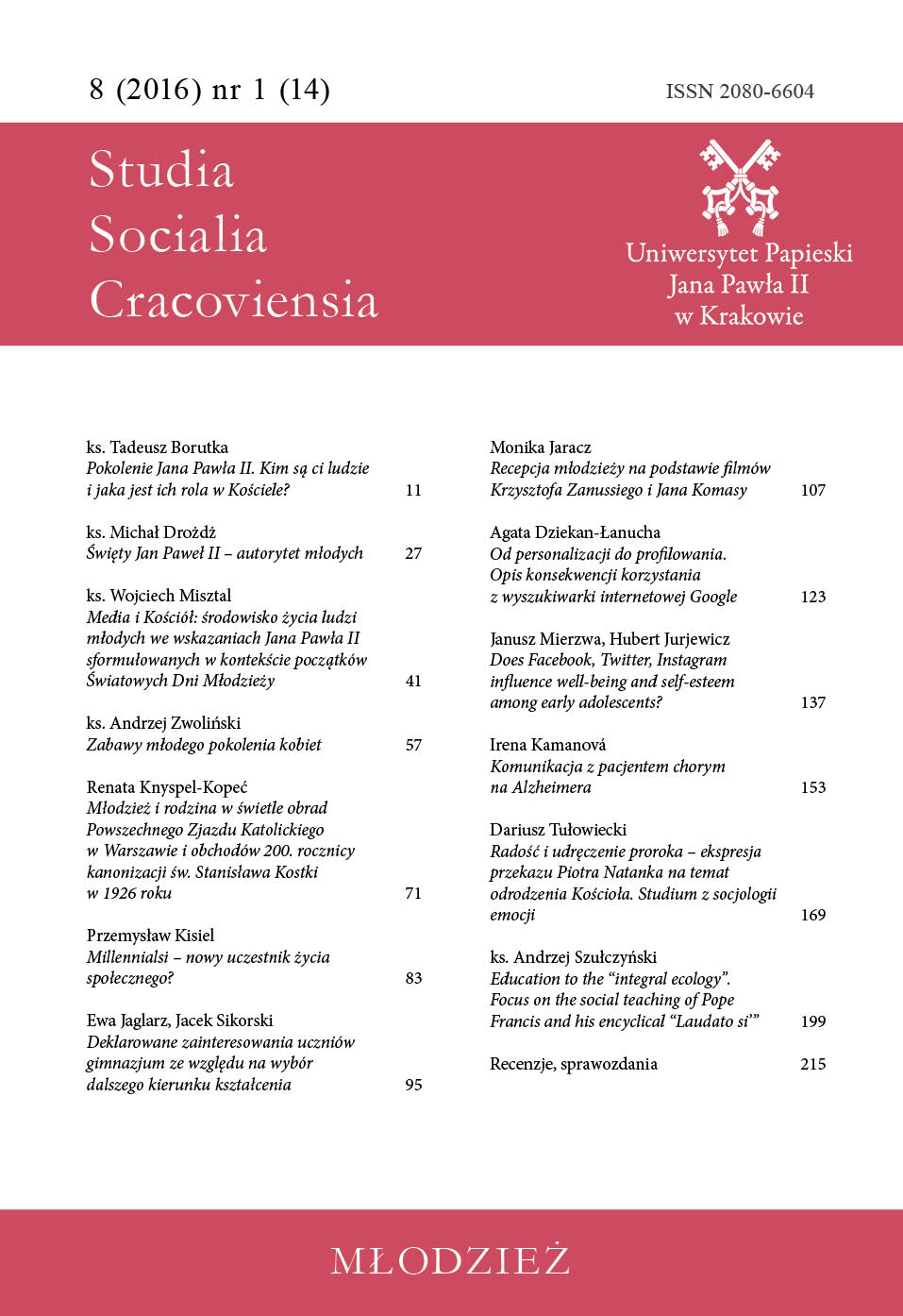Dylematy uzależnienia – impulsywność i radzenie sobie ze stresem u mężczyzn uczestniczących w terapii uzależnień
Dilemmas of addiction – impulsiveness and coping among addicted men and these without addictions
Author(s): Dariusz Krok, Ilona GałążewskaSubject(s): Psychology, Substance abuse and addiction
Published by: Wydawnictwo Naukowe Uniwersytetu Papieskiego Jana Pawła II w Krakowie
Keywords: addiction; impulsiveness; coping with stress;
Summary/Abstract: Previous research on the addicts focused primarily on the aspect of reactive coping, while proactive approach was ignored. The aspect of impulsivity also proved to be little examined, due to the variety of research from distinct perspectives. In view of the above, the objective of this thesis was to investigate differences in characteristics of impulsivity and reactive and proactive coping among addicts and men without addiction. The work consists of three chapters. The first focuses on a review of theory and research in the field of addiction, impulsivity, and coping with stress. The second chapter presents methodology of research, and in the third chapter results are presented and discussed. In order to verify the formulated hypotheses, research was carried out on 160 men. The experimental group was 80 addicted men, while the control group was composed of the same number of men without addiction. Three psychological tools have been applied: Impulsivity – IVE Questionnaire, Questionnaire coping – CISS and Scale of Responses to Daily Events – PCI. In order to carry out the statistical analysis STATISTICA was used. The analysis of the results allowed significant differences between groups of subjects studied. Men with drug addiction had a higher intensity of impulsivity, and the use of escape coping strategies, among which are proactive strategies related to search for instrumental and emotional support, and coping by avoiding. Men without addiction compared to those from the experimental group apply more often the performance style of coping and proactive strategies related to preventive and reflexive coping, and strategic planning.
Journal: Studia Socialia Cracoviensia
- Issue Year: 8/2016
- Issue No: 2 (15)
- Page Range: 179-198
- Page Count: 20
- Language: Polish

